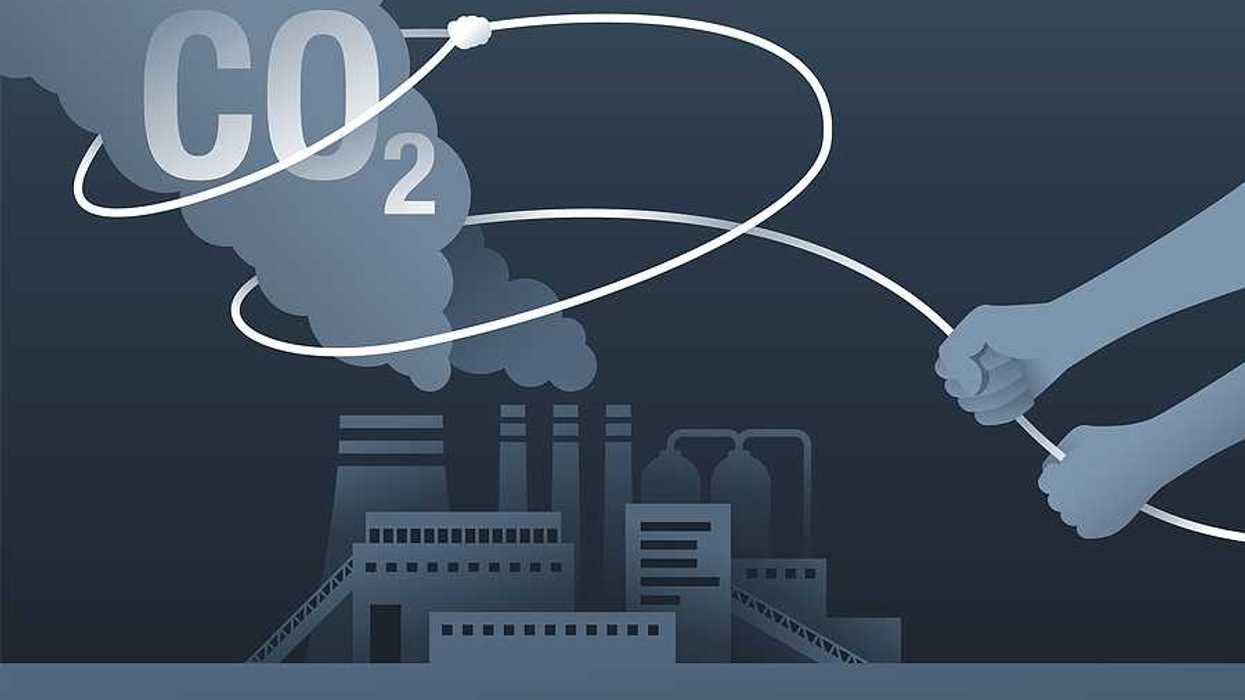Health experts and patient advocates on Tuesday asked France’s Constitutional Council to strike down a law reviving the bee-killing pesticide acetamiprid, citing evidence it may endanger human health.
In short
- The National Assembly fast-tracked the July 8 bill restoring acetamiprid for sugar-beet growers after debate collapsed in a divided parliament.
- A student-launched petition opposing the move has surpassed two million signatures, winning backing from academics, left-wing lawmakers, and celebrity chefs.
- President Emmanuel Macron says he will await the Constitutional Council’s August 7 ruling as medical societies cite links between pesticide exposure and cancers, neurodegenerative disease, and endocrine disorders.
Key quote:
‘The legislation "without a shadow of reasonable doubt compromises the health of young people, children and the unborn."’
— Open letter from French health experts and patient associations
Why this matters:
Acetamiprid is a neonicotinoid cousin engineered to paralyze crop-eating insects, but the same nerve-targeting chemistry does not stop neatly at the field’s edge. Peer-reviewed studies have found residues in dust, surface water, and even household food, suggesting regular dietary and airborne exposures. Epidemiologists link chronic contact with this class of compounds to higher rates of leukemia, Parkinson-like symptoms, and endocrine disorders, especially in farm regions where children play near treated rows. Honey-bee losses often make headlines first, yet the pesticide’s persistence means its ecological footprint overlaps with the human one, raising questions about how many small daily doses a developing brain can tolerate before effects accumulate. The Council’s decision will signal how France balances competitive farming with long-term public health.
Related: Farmers’ pesticide victory in France sparks protests and anger over risks to bees and food safety
















